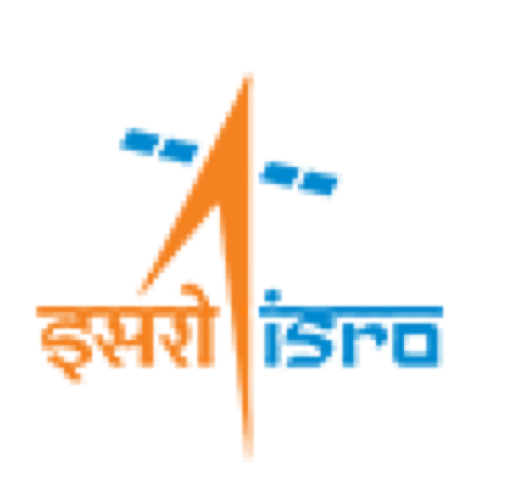ISRO Science Data Archive (ISDA)
http://www.asdc.asi.it/news.php
The Indian Space Research Organization (ISRO) has started a new initiative to launch dedicated satellites earmarked for planetary exploration, astronomical observation and space sciences.
Chandrayaan-1 (with international participation) was the first mission to moon towards this step and Mars Orbiter Mission was the next one to be demonstrated. Recently Astrosat mission was launched by ISRO to serve the scientific interest of astronomical observations.
The ground segment for planetary missions pursued by ISRO comprises four major elements, namely Deep Space Network (DSN), Spacecraft Control Center (SCC), Indian Space Science Data Center (ISSDC) and Payload Operations Centres (POC) located at different ISRO centres.
Science instrument data processing, archive preparation, validation and allied software efforts are primarily put by Signal and Image Processing Group, Space Applications Centre (SAC), ISRO, Ahmedabad. The same technical group has expertise in PDS development and practice. This group leads all the data engineering elements of planetary archives.
Within ISSDC, ISRO Science Data Archive (ISDA) is the long-term archive for ISRO planetary missions. This data center is responsible for the ingest, archive, and dissemination. The archive is based on the PDS standard, but allows additional mission-specific keywords and the concept of revised deliveries. ISDA handles all ISRO planetary mission data sets, instrument team deliveries, POC deliveries, exchange of data with POCs through an Interface Control Documents coordinated by PDS experts from SAC, ISRO, Ahmedabad. ISDA is responsible for making the data available to the scientists and general public.
ISRO adopted PDS standard since Chandrayaan-1 the first Indian lunar mission and is practiced for Mars mission as well. In order to achieve this, it was decided that all data from the mission would have to abide by a strict definition of the PDS standards. In this context ISRO’ participation in Inter Planetary Data alliance (IPDA) activities will be important.
Chandrayaan-1 (with international participation) was the first mission to moon towards this step and Mars Orbiter Mission was the next one to be demonstrated. Recently Astrosat mission was launched by ISRO to serve the scientific interest of astronomical observations.
The ground segment for planetary missions pursued by ISRO comprises four major elements, namely Deep Space Network (DSN), Spacecraft Control Center (SCC), Indian Space Science Data Center (ISSDC) and Payload Operations Centres (POC) located at different ISRO centres.
Science instrument data processing, archive preparation, validation and allied software efforts are primarily put by Signal and Image Processing Group, Space Applications Centre (SAC), ISRO, Ahmedabad. The same technical group has expertise in PDS development and practice. This group leads all the data engineering elements of planetary archives.
Within ISSDC, ISRO Science Data Archive (ISDA) is the long-term archive for ISRO planetary missions. This data center is responsible for the ingest, archive, and dissemination. The archive is based on the PDS standard, but allows additional mission-specific keywords and the concept of revised deliveries. ISDA handles all ISRO planetary mission data sets, instrument team deliveries, POC deliveries, exchange of data with POCs through an Interface Control Documents coordinated by PDS experts from SAC, ISRO, Ahmedabad. ISDA is responsible for making the data available to the scientists and general public.
ISRO adopted PDS standard since Chandrayaan-1 the first Indian lunar mission and is practiced for Mars mission as well. In order to achieve this, it was decided that all data from the mission would have to abide by a strict definition of the PDS standards. In this context ISRO’ participation in Inter Planetary Data alliance (IPDA) activities will be important.

